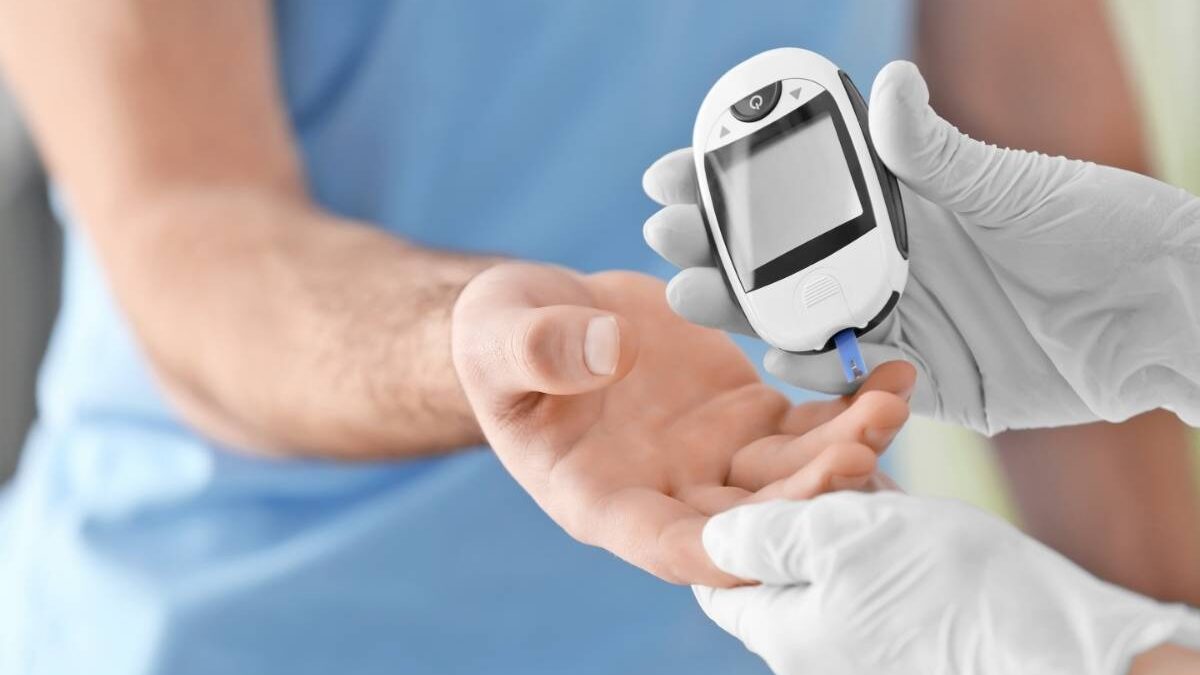Diabetes Care: Managing Blood Sugar and Medication

The Importance of Palliative Care
March 7, 2024Diabetes is a serious disease. Following your diabetes treatment plan takes round-the-clock commitment. But your efforts are worthwhile. Careful diabetes care can reduce your risk of serious — even life-threatening — complications.
Education
Understanding diabetes is the cornerstone of effective management. Education empowers individuals to make informed decisions about their health. Learn about the different types of diabetes, how blood sugar levels fluctuate, and the impact of food, exercise, and stress on glucose levels. Regular consultations with healthcare professionals and staying updated on the latest research can help you navigate your condition confidently. Diabetes self-management education (DSME) programs provide personalized guidance to help you develop lifelong habits for controlling blood sugar.
Physical Activity
Regular exercise improves insulin sensitivity, helps manage weight, and enhances overall well-being. Aim for at least 150 minutes of moderate-intensity aerobic activity weekly, such as walking, cycling, or swimming. Incorporate strength training exercises twice a week to maintain muscle mass and improve glucose metabolism. It’s essential to monitor blood sugar levels before and after workouts, especially if you’re taking insulin or other medications, to avoid hypoglycemia. Physical activity not only helps control blood sugar but also supports cardiovascular health, which is vital for people with diabetes.
Nutrition
A balanced diet plays a pivotal role in managing diabetes. Focus on consuming nutrient-dense foods, including whole grains, lean proteins, healthy fats, and plenty of vegetables. Carbohydrate counting is an essential skill to ensure consistent blood sugar levels. Avoiding refined sugars and processed foods helps prevent spikes in glucose. Small, frequent meals can aid in maintaining stable blood sugar levels throughout the day. Consulting a registered dietitian can help you tailor a meal plan that fits your lifestyle and medical needs.
Blood Pressure
Maintaining healthy blood pressure is critical for diabetes management, as high blood pressure increases the risk of complications like heart disease and kidney damage. Regularly monitor your blood pressure and aim for a target below 140/90 mm Hg or as advised by your doctor. Reduce sodium intake, manage stress, and avoid smoking to support healthy blood pressure levels. Combining these lifestyle changes with prescribed medications, if necessary, can significantly reduce your risk of diabetes-related complications.
Medication
Medications for diabetes, such as insulin and oral hypoglycemics, are essential for many individuals to maintain optimal blood sugar levels. Adhering to your prescribed medication schedule ensures consistent management and prevents complications. Communicate with your healthcare provider about any side effects or challenges you face with your medication. Using tools like alarms or pill organizers can help with adherence. Additionally, regular check-ins with your doctor ensure that your medication regimen is adjusted to meet your changing needs over time
Diabetes Care with Live Peace 24/7
If you or a loved one is living with diabetes, Live Peace 24/7 offers personalized diabetes care and support services across Greater Vancouver. Contact us for a free consultation today.
Use this discussion and the resulting services as an opportunity to:
- Assess and manage poorly controlled blood sugar levels, as well as physical, emotional, and lifestyle challenges associated with diabetes.
- Understand your condition, its progression, and the treatment options available, including dietary adjustments, medication, and physical activity.
- Explore your goals, priorities, and values; cultural or personal preferences that influence your care; and strategies to achieve a healthy and fulfilling lifestyle.
- Discuss and document your diabetes care plan, including emergency protocols, medication management, and long-term health objectives tailored to your unique needs.
- Live Peace 24/7 offers personalized Diabetes Care in Vancouver, Richmond, West Vancouver, North Vancouver, Surrey and Delta, Coquitlam and Port Coquitlam, Langley, Cloverdale, Burnaby




